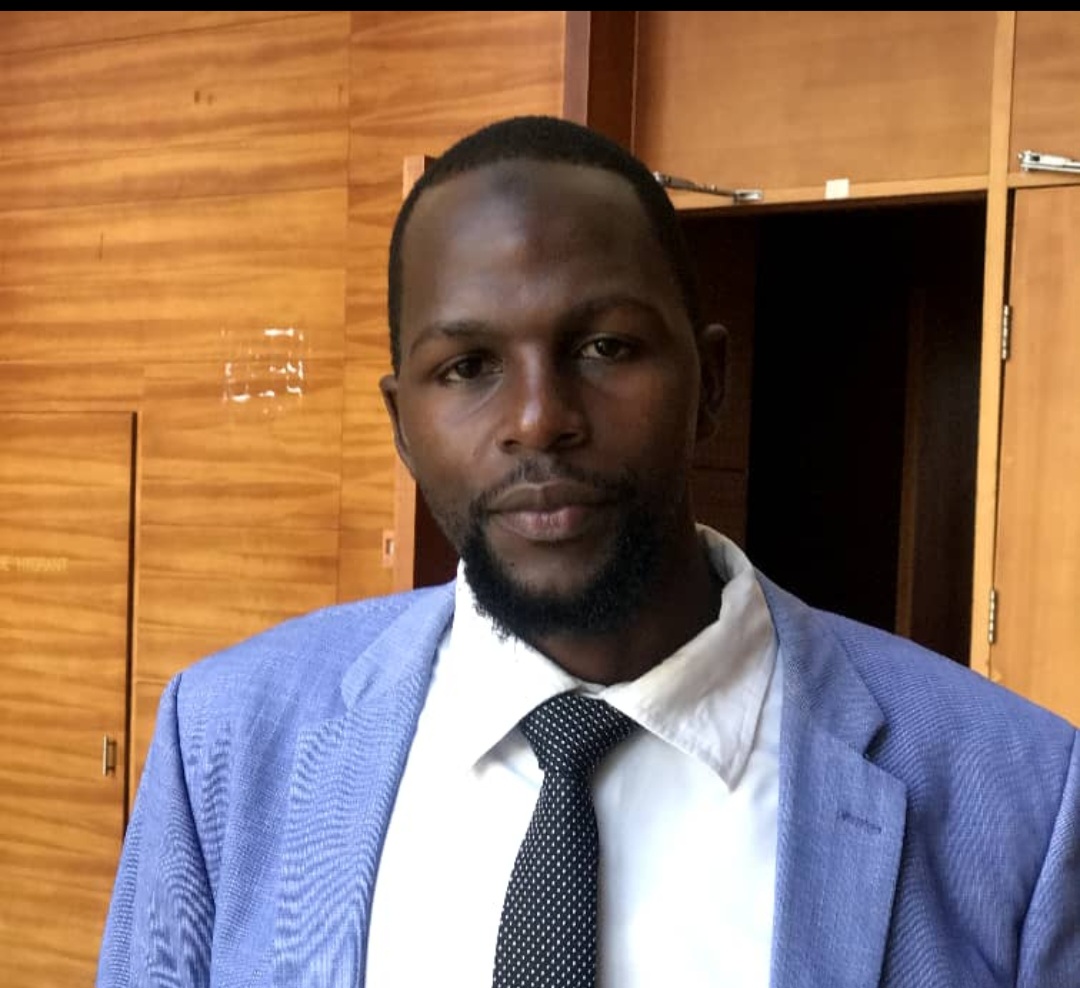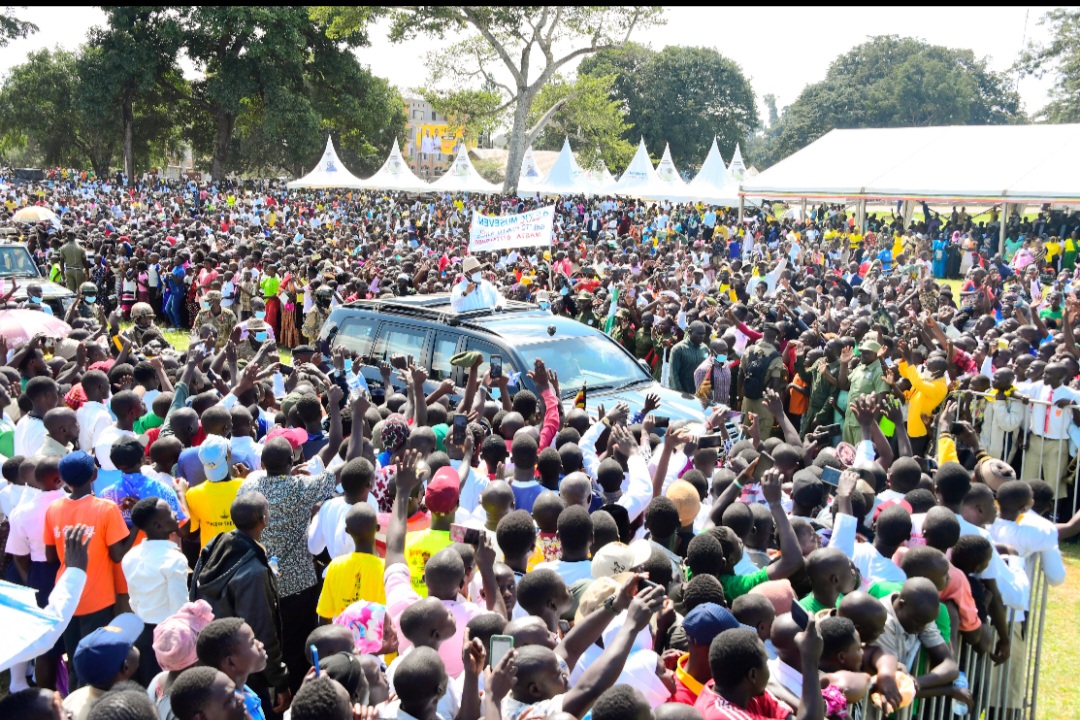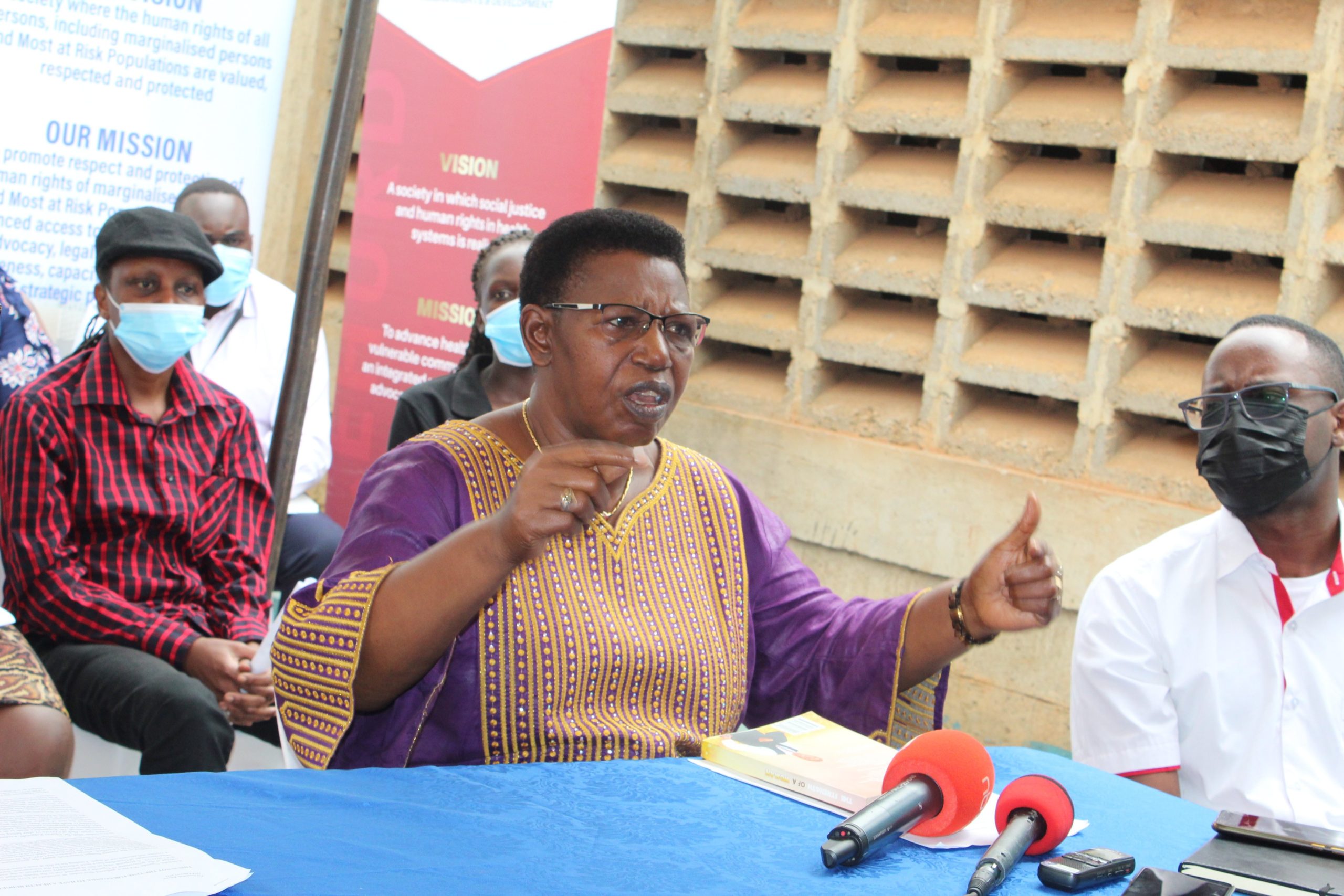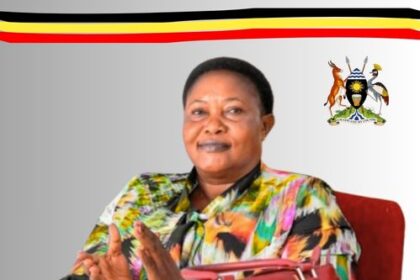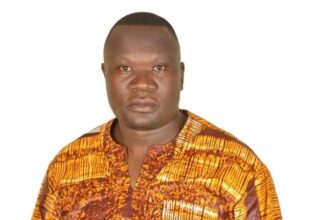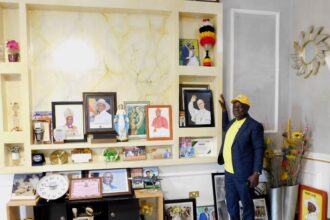The leadership of H.E the President (Rt) Gen. Yoweri Kaguta Museveni has been a beacon of stability and progress for Uganda. Under his guidance, numerous programs aimed at uplifting the common citizen have been launched, creating a pathway for sustainable development.
As RDCs, RCCs, their deputies, and assistants, it is our duty to ensure that these programs are felt at the grassroots level, where they matter most. One such initiative, the Parish Development Model (PDM), is a clear demonstration that the government is committed to transforming the lives of Ugandans, regardless of their political affiliation.
The PDM represents a bold step towards economic empowerment, designed to target the most vulnerable populations and lift them out of poverty. It is not just a policy on paper; it is a tangible expression of the government’s commitment to equity and inclusivity. As RDCs, RCCs, and their teams, our offices must be the conduits through which the benefits of such programs reach the intended beneficiaries.
We must work together, ensuring that every Ugandan, irrespective of their background or political belief, has access to these opportunities. Our offices should embody fairness, ensuring that no one is left behind in the journey toward national development.
Our offices, whether district-based under RDCs or city-based under RCCs, should serve as social hospitals where citizens come not only to raise their concerns but also to find hope and practical solutions. Deputies and assistants in both RDC and RCC offices are on the frontlines of this service, providing critical support in managing day-to-day interactions with the community. It is here that citizens bring their grievances and challenges, and it is here where they must also find healing and hope. We must ensure that the government’s goodwill is reflected in our day-to-day engagements with the public. As a team, our leadership, integrity, and commitment are constantly put to the test.
As we carry out our mandate, it is crucial that corruption finds no place within RDC and RCC offices. Corruption erodes the trust between the people and the government, and it sabotages the very programs designed to uplift them. We, as RDCs, RCCs, their deputies, and assistants, must be the role models in the fight against corruption. Every member of our team has a responsibility to uphold the highest standards of transparency and accountability.
Our offices should reflect the high standards set by President Museveni, ensuring that we serve as shining examples of good governance and discipline. The image we project is not just our own, but it represents the President’s leadership and vision for a prosperous Uganda.
In this collective fight against corruption, deputies and assistants play a crucial role. Their direct engagement with the public and management of various government initiatives makes them essential in maintaining the trust between the people and our offices. When citizens walk into an RDC or RCC office, they should feel confident that they are dealing with leaders who have their best interests at heart, not those seeking personal gain. This trust is the foundation upon which government programs like PDM will succeed, and it is our role to safeguard it.
President Museveni has continually emphasized that leadership is about service, not privilege. As representatives of his government, we are called to embody this principle in our daily work. The RDC and RCC offices, supported by their deputies and assistants, should be places of refuge and opportunity for all Ugandans, where they feel valued, respected, and assured that their government is working for them. The strength of our nation lies in the faith that people have in their leaders, and it is up to us, as a team, to maintain and nurture that faith.
The PDM, for example, offers the tools needed to transform our society, but its success depends heavily on the efforts of deputies and assistants, who are responsible for ensuring the efficient registration of beneficiaries, equitable fund disbursement, and resolving the challenges vulnerable communities face. Their role at the grassroots level ensures that both the RDC and RCC offices remain “social hospitals” where every Ugandan can find not only solutions but also hope for a better future.
As RDCs, RCCs, deputies, and assistants, the opportunity to lead and serve in this capacity is a great honor. It is a responsibility that comes with immense expectations. Every decision we make and every action we take reflects not only on our office but also on the broader vision of the President and the ruling government. Together, we must work as a unified team to ensure the success of programs like the Parish Development Model (PDM).
Our work should contribute to building a Uganda where every citizen, regardless of who they voted for, feels that their government is working to improve their lives.
In conclusion, RDC and RCC offices across Uganda have the potential to be the social hospitals that every community needs, a place where healing, progress, and hope meet. Deputies and assistants in both urban and rural areas play an essential role in delivering these services, ensuring that no one is left behind. With programs like the PDM, we have the tools to transform our society. But the true measure of our success will be how well we carry out our duties with integrity and commitment, free of corruption, and how we reflect the values of President Museveni’s leadership.
The question remains: are we, as RDCs, RCCs, deputies, and assistants, ready to rise to this challenge and truly serve as the lifeline our communities deserve?
The writer is an Assitant RDC- Otuke District &
NRM Party Mobilizer.
0787806216
umitala@ldc.ac.ug
Do you have a story in your community or an opinion to share with us: Email us at Submit an Article



